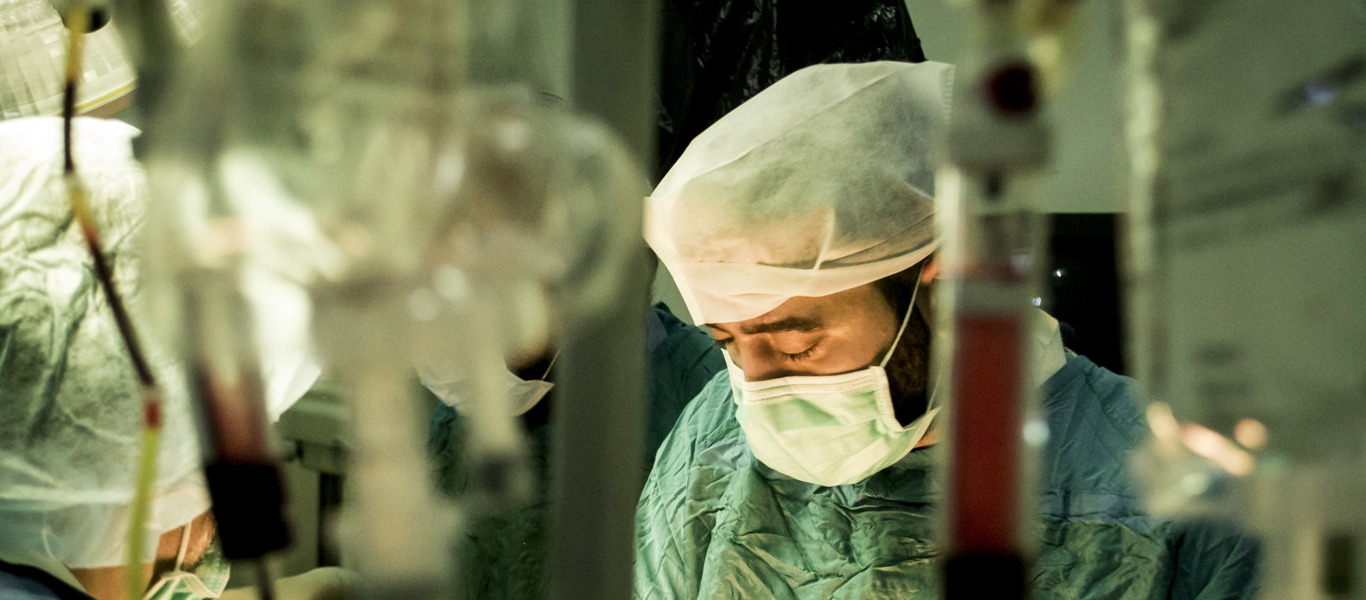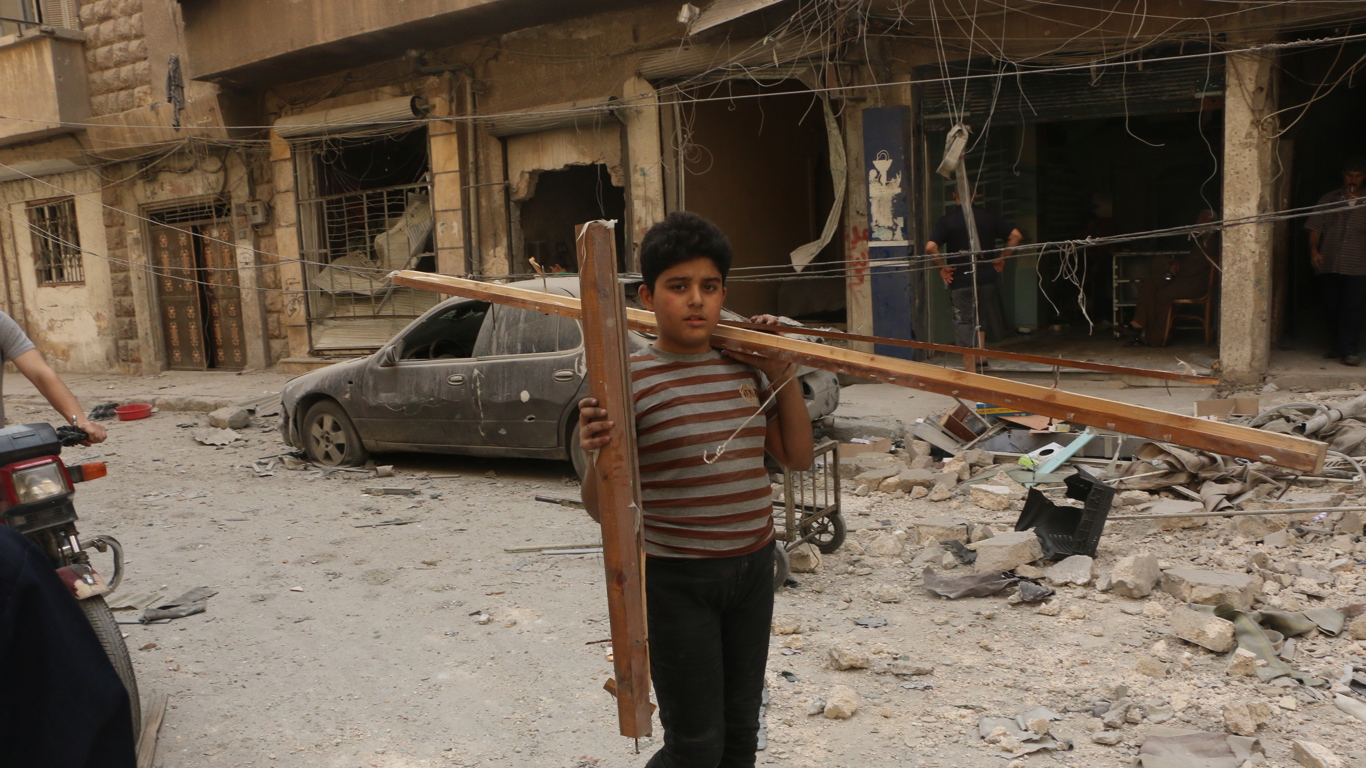
Second Wave of Covid-19 Hits Syria
Ever since its onset, the COVID-19 pandemic has plunged Syria - a country that has withstood so much suffering - into even greater depths of despair.
Torn apart by a decade of conflict, the healthcare system has been wholly inadequate to respond, leaving the population extremely vulnerable to severe illness and death.
But now, as a second wave of the virus tightens its grip, the situation teeters on the brink of utter catastrophe. Some 86,560 COVID-19 cases and 3,570 have been confirmed since the beginning of August, a 22% increase in cases and a 5% increase in deaths since the beginning of July. These figures represent a deeply concerning turn of events - as humanitarian needs across the country continue to grow, COVID-19 is experiencing a marked rise in prominence.
In northwest Syria, the situation is particularly severe. Since the 1st of August, the total number of COVID cases has more than doubled and daily cases have increased ten-fold, reaching a peak of 1,554 on the 6th of September. Yet despite this rapid intensification, there is only a two-week supply of tests available, with the next delivery of tests not expected for at least a month. This leaves the healthcare system powerless to prevent a further rise in infections.
In addition, oxygen supplies have fallen to critically low levels and intensive care units (ICUs) are almost full, meaning that hospitals are ill-equipped to treat those who are suffering. Without urgent intervention, unprecedented numbers of people face being cut off from vital care at the most pressing of times.
Northwest Syria is home to the Idlib province, an area that has been a focal point of conflict. Over the last decade, half of the province’s hospitals and healthcare centres have been destroyed and many medical professionals have fled the area to seek safety overseas. The healthcare system was already in crisis prior to the pandemic, but now faces total collapse.
Idlib is home to a substantial population of internally displaced persons (IDPs), the majority of whom live in overcrowded tent settlements where social distancing is essentially impossible, and standards of hygiene are abject. These living conditions make it hugely difficult to prevent the rapid spread of infection, adding another layer of complexity to the dire circumstances that Idlib currently faces. In order to prevent the situation from worsening further, it is crucial that all IDPs are adequately protected.
We are on the ground inside Syria delivering PPE, testing kits, hygiene kits, medical care and clean water to those affected and to the frontline workers who are treating patients. With your help, we can save lives across the country.

